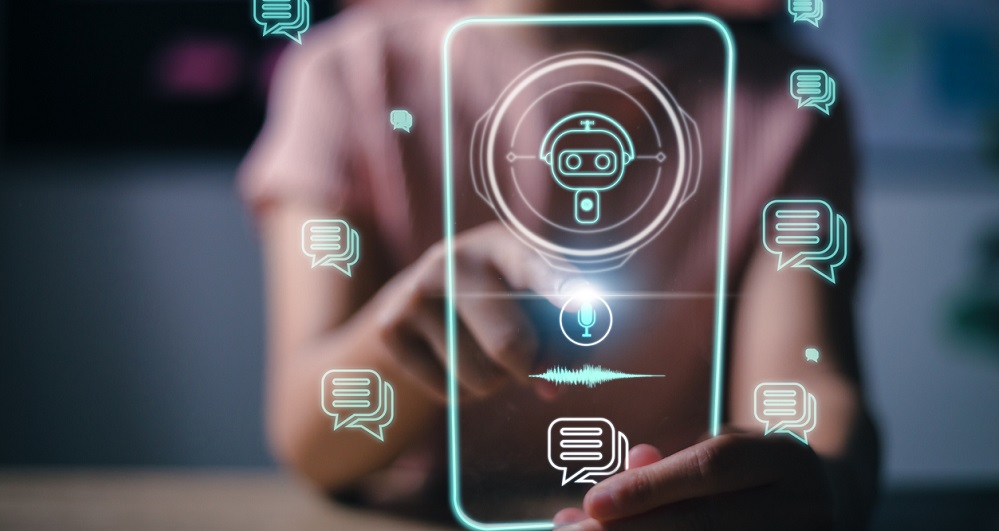Copyright and AI-generated works: Zarya of the Dawn
Carolina Pina, partner at Garrigues IP Department.


The United States has refused registration of a work created by artificial intelligence on the grounds that giving indications to create content does not make the person that does so the author of the resulting work.
Last February 23, the US Copyright Office (“USCO”) cancelled the copyright registration for the comic Zarya of the Dawn, which had been created using AI, registered in the name of the artist Kristina Kashtanova, on the grounds that it was not the fruit of human creation. In short, the USCO concluded that users are not the authors of AI-generated images and cannot register the copyright in their name, even if they have actively participated in creating the prompts, or indications supplied to the AI.
In this interesting case, the images were created by the Midjourney AI program, although the artist claimed she had “guided” the structure and content of each image, providing “hundreds or thousands of descriptive prompts to create, in her opinion, a perfect image.
The USCO held that the prompts could "influence" the generated image, but prompt text does not dictate a specific result, which is unpredictable. That is to say, prompts function closer to suggestions than orders, but have not control over the final AI-generated image.
The Copyright Office did not question Kristina Kashtanova’s contention that she had spent significant time and effort working with Midjourney. However, it held that this did not make her the “author” of the images and rejected the “sweat of the brow” argument. As a result, it did not consider the amount of time, effort, or expense required to create the work when assessing whether to grant copyright protection. Furthermore, the artist’s editing of some of the images was not considered sufficiently creative to be entitled to copyright as a derivative work.
The Office found that the requirements were not met for the work to qualify as a “work made for hire”, which, under US law, grants copyright to the person from whom the work is commissioned.
In addition, in the EU, the European Parliament resolution of October 20 2020, on intellectual property rights for the development of artificial intelligence technologies pointed to the importance of differentiating between AI-assisted human creations and AI-generated creations, with the latter creating new regulatory challenges for IPR protection.
It held that “works autonomously produced by artificial agents and robots might not be eligible for copyright protection, in order to observe the principle of originality, which is linked to a natural person”.
Together with the requirement that it must be a human creation, originality also implies creativity. Consequently, a work may be protected provided that it is an intellectual creation of the author reflecting his personality and expressing his free and creative choices when producing it (CJEU judgment Eva-Maria Painer (2011)).
Prompts may be very simple questions, but they can undoubtedly be creative, to the extent that they may be protected by copyright; indeed prompt engineers already exist. However, the result offered by the AI is unpredictable and therefore, since it is not a human creation, it cannot be registered.
Nobody doubts that asking a good question is an art, but the reply offered by AI is a different story...